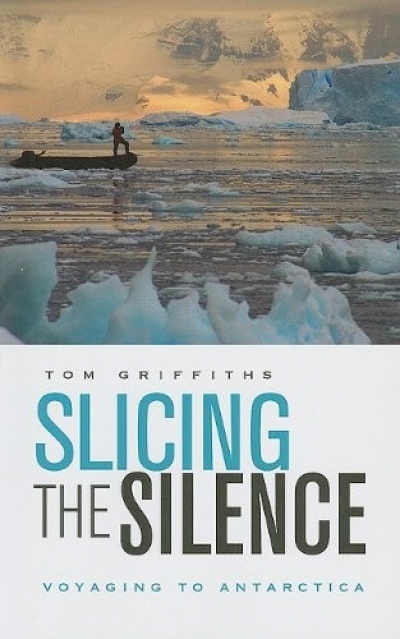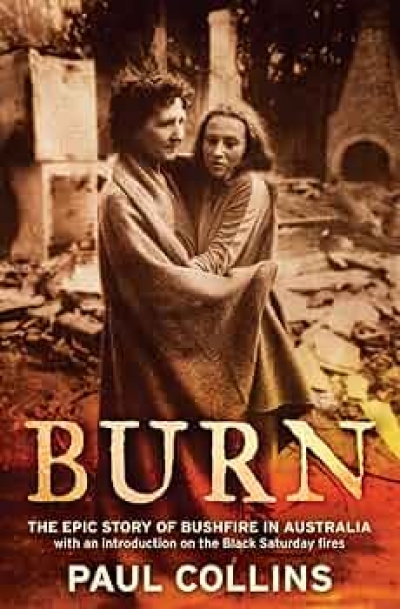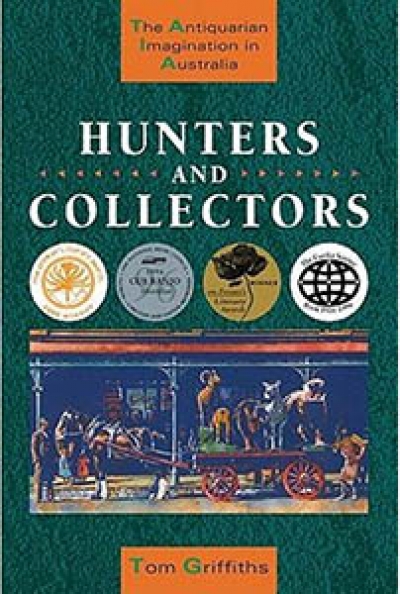Tom Griffiths
Thirty years ago, I walked out of the railway station at Le Puy in the Auvergne region of the Massif Central of France, put most of my belongings in a locker at the station along with a note in schoolboy French explaining that I hoped to be back, and then walked over the horizon at sunset. I was embarked on my discovery of the Velay and the Gévaudan.
... (read more)Burn: The epic story of bushfire in Australia by Paul Collins
Early last year, Phillip Adams interviewed the British author Pat Barker on his radio programme, Late Night Live. Pat Barker is a novelist who has journeyed into history, most famously in her Regeneration trilogy about World War I, where she fictionalises real, historical individuals. Adams asked her: ‘Which is better at getting at the truth? Fiction or history?’ Her answer was: ‘Oh, fiction every time.’ Barker is a novelist for whom violence and the fear of violence has been a recurrent, powerful theme. She argued that fiction allowed her to ‘slow down’ the horror so that she and her readers could think about it as it happened. In real life she felt that violence was often so swift and shocking that all one could do was recoil. Fiction gave her freedoms that helped her to convey truth.
... (read more)At the height of summer fire danger, on Friday, 13 February 2004, the ABC launched on its website an online documentary about the most awesome bushfires since the European occupation of Australia. The Black Friday fires of 1939 still represent the ‘worst possible’ conditions in a continent of fire. The website reveals just how deeply Black Friday burned into the national conscience, and how profoundly it changed attitudes to society and nature. It also took lives and left survivors with enduring emotional and physical scars. Some of those stories are told for the first time.
... (read more)


